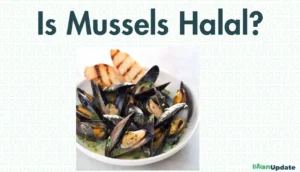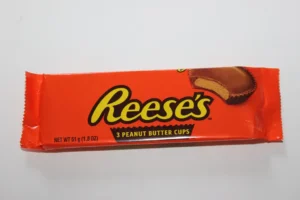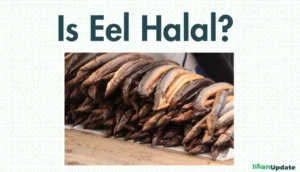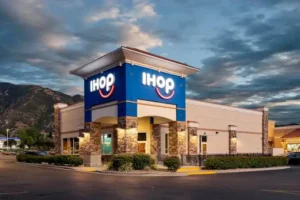Is Shake Shack Halal? A Detailed Look for Muslim Consumers
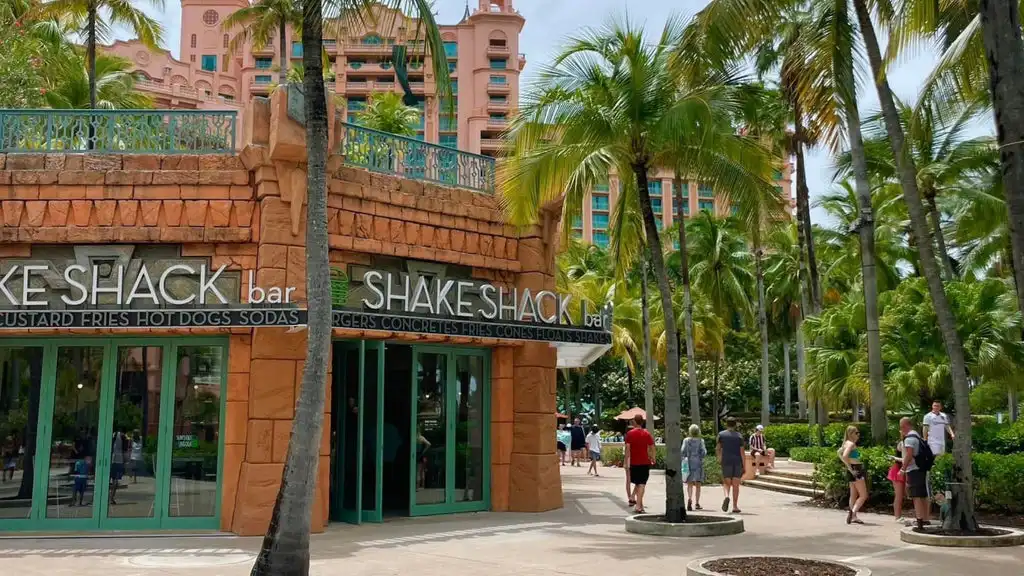
Who doesn’t love a delicious halal burger? Whether you’re craving chicken, beef, or a juicy hot dog, ensuring your meal is halal is essential for Muslims.
For those living in the United States or other Muslim-majority countries, it’s critical to confirm the halal status of the food you’re consuming.
But what about popular fast-food chains like Shake Shack? As this global chain continues to expand, many Muslim consumers are left wondering: Is Shake Shack halal or haram?
In this article, we will dive into the halal status of Shake Shack across different regions, helping you make an informed decision before your next fast-food meal.
What Exactly is Shake Shack?
Shake Shack started as a simple hot dog cart in New York City’s Madison Square Park back in 2001. Over the years, it transformed into a global fast-food giant, renowned for its burgers, fries, and shakes.
Today, Shake Shack has over 250 locations worldwide, with branches in the United Kingdom, South Korea, Hong Kong, Mexico, and even the Middle East.
The menu at Shake Shack boasts a variety of mouthwatering options, from chicken sandwiches and bites to their signature smash beef patties and crinkle-cut fries.
They’ve also introduced vegan options like their popular shroom burger, catering to different dietary preferences. Despite its massive popularity, especially among Muslims looking for fast-food options, the question of whether Shake Shack is halal remains unclear in many regions.
Is Shake Shack Halal?
The halal status of Shake Shack depends entirely on the region you’re dining in. While branches in the Middle East offer fully halal menus, other locations like the US do not serve halal-certified meat. In the UK, Shake Shack offers halal chicken, but their beef products remain non-halal.
Halal Certification: Why It Matters
For Muslim consumers, halal certification is vital. Halal, meaning permissible, refers to food that adheres to Islamic dietary laws, particularly regarding the slaughter of animals and the avoidance of pork and alcohol. Without proper certification, there’s always uncertainty about whether the food meets Islamic requirements.
Fast-food chains like Shake Shack often face scrutiny as their policies on halal food vary significantly between regions.
Unlike other chains such as McDonald’s or KFC, which have clearer halal policies in certain countries, Shake Shack’s approach differs depending on the location, adding to the confusion among Muslim customers.
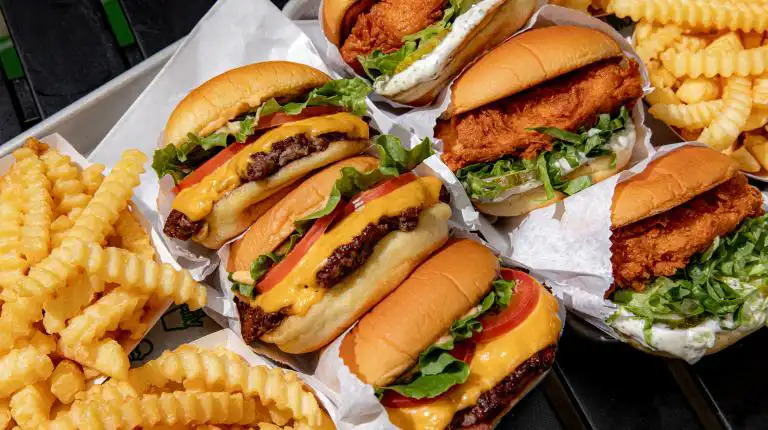
Does Shake Shack Serve Pork or Alcohol?
One major concern for Muslims is whether a restaurant serves pork or alcohol, as both are explicitly forbidden in Islam. Shake Shack, in some locations, does serve pork-based products such as bacon, which immediately raises questions for Muslim diners.
Additionally, Shake Shack sells a variety of alcoholic beverages, including beer, ale, and wine, depending on the location.
This complicates things for Muslims who strictly follow halal guidelines. While it’s possible to avoid pork or alcohol on the menu, the presence of these items in the kitchen may raise concerns about cross-contamination for some Muslim consumers.
Halal Status in the UK
Shake Shack in the UK provides some relief for Muslim consumers. In the UK, chicken products at Shake Shack are halal-certified. The Chick’n Shack sandwich, chicken bites, and chicken breast are all sourced from halal-certified suppliers, ensuring that Muslim diners can enjoy these offerings with peace of mind.
However, the beef and turkey products, such as their Creekstone beef burgers, are not halal-certified. This means that while you can safely consume chicken items, the rest of the menu does not meet halal standards.
Moreover, the presence of non-halal products alongside halal ones means that Shake Shack UK cannot claim full halal certification for its restaurants.
Muslims dining at Shake Shack UK should be cautious and double-check the specific items they order to ensure they are consuming halal food.
Is Shake Shack Halal in the United States?
For those in the United States, the situation is a bit more disappointing. Despite its growing popularity, none of Shake Shack’s meats in the US, including chicken and beef, are halal-certified. In a confirmed tweet, Shake Shack clarified that their US locations do not serve halal meat, stating:
“Unfortunately, our beef is not halal in the US. We use more than 1 supplier in the US for our beef.”
For Muslim diners in the US, this is a significant limitation, as none of Shake Shack’s popular items, including their famous beef burgers, meet the halal requirements.
This has left many Muslim consumers looking for alternative fast-food chains that provide halal options in the US.
Is Shake Shack Halal in the Middle East?
The good news for Muslims in the Middle East is that Shake Shack branches in this region cater specifically to halal consumers. Shake Shack operates in countries like the United Arab Emirates, Saudi Arabia, Qatar, Kuwait, and Turkey, where the entire menu is halal-certified.
In these countries, both the beef and chicken products are halal, and pork is entirely absent from the menu. Unlike their counterparts in the West, Shake Shack restaurants in the Middle East strictly adhere to halal standards, making them a safe and popular choice for Muslim customers.
This regional adaptation reflects Shake Shack’s understanding of the significance of halal certification in predominantly Muslim countries, ensuring that their offerings meet Islamic dietary laws.
Shake Shack’s Global Halal Status: A Regional Breakdown
The halal status of Shake Shack varies significantly depending on the region:
| Country/Region | Halal Status |
|---|---|
| United Kingdom | Halal chicken, non-halal beef |
| United States | No halal options |
| Middle East | Fully halal-certified menu |
| Turkey | Fully halal-certified menu |
| South Korea | No halal options |
As you can see, the halal status of Shake Shack varies greatly. For those adhering strictly to halal dietary laws, it’s important to know the specific rules and certifications that apply in each region.
What Do Islamic Scholars Say?
When it comes to dining at establishments that are not fully halal-certified, Islamic scholars offer varying opinions. Some scholars argue that as long as the individual ingredients are halal (for example, fries or drinks), it is permissible to eat at non-halal-certified establishments.
However, others emphasize the importance of clear halal certification to ensure total adherence to Islamic dietary laws.
The Quran explicitly forbids the consumption of pork, blood, and animals not slaughtered in the name of Allah. In Surah Al-Baqarah (2:173), Allah states:
“He has only forbidden you ˹to eat˺ carrion, blood, swine, and what is slaughtered in the name of any other than Allah. But if someone is compelled by necessity—neither driven by desire nor exceeding immediate need—they will not be sinful. Surely Allah is All-Forgiving, Most Merciful.”
In cases of doubt, many scholars advise avoiding food from non-halal-certified establishments entirely to ensure one’s meals are fully compliant with Islamic law.
Conclusion
For Muslim consumers, it’s always a good idea to double-check with the specific branch you plan to visit. Halal certification matters, and in the absence of clear guidelines, it’s better to err on the side of caution and choose fully halal establishments. Stay informed, and always prioritize your dietary choices according to Islamic guidelines.
For more information on halal food options at popular fast-food chains, check out our other articles to ensure you’re making the best choices for your meals!

